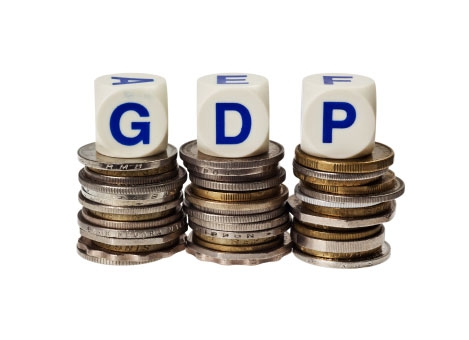The oil exporting countries in the Middle East, particularly the Gulf Arab countries, are projected to grow robustly during the current year, the International Monetary Fund said in its latest regional outlook.
The IMF projections show that the growth of GCC economies are expected to moderate in 2013 largely due to the potential pullback from the expansionary fiscal policies followed by the respective governments.
The IMF expects oil price to remain above $100 per barrel in 2012–13
“In the Gulf countries, growth remains robust, supported by expansionary fiscal policies and accommodative monetary conditions, but is expected to slow from 7.5 per cent in 2011 to 3.25 per cent in 2013 as oil production reaches a plateau,” said Masood Ahmad, Director of the IMF’s Middle East and Central Asia Department.
The IMF expects oil price to remain above $100 per barrel in 2012–13. As a result, the oil exporters’ combined current account surplus is anticipated to remain near its historic high of about $400 billion in 2012. This has helped governments to respond to growing social demands by increasing expenditure on wages and salaries, which rose dramatically in most oil exporters in recent years.
Many of the oil exporters have accumulated reserves to withstand short-run oil price volatility
While the expenditures have gone up dramatically, in many of the GCC countries their budget breakeven oil prices have risen dramatically threatening potential fiscal imbalances in the future if the oil prices are to decline from the current levels. Although many of the oil exporters have accumulated reserves to withstand short-run oil price volatility, a sustained drop in oil prices resulting from a further slowdown in global economic activity remains a risk to guard against. For example, a 10 per cent drop in oil prices would bring down the oil exporters’ combined current surplus by about $150 billion. Stepped-up spending has increased the vulnerability to oil price declines in case of further deterioration in the global economy.
According to the IMF’s regional outlook to boost resilience to oil price declines and achieve greater intergenerational equity, fiscal policy can gradually shift to bolstering national savings. Some low-income oil exporters face constrained budgets and immediate difficult trade-offs. The GCC countries, where the expansionary fiscal stance has been appropriate in the absence of overheating pressures, could ease the pace of government spending, especially on hard-to-reverse expenditures like public-sector hiring, which tends to crowd out private-sector employment.
The main issue facing Middle East oil exporters is how to take advantage of their current positive position to strengthen their resilience against oil price declines and diversify their economies to boost private-sector job creation
Broader structural reforms, including reduced restrictions on international trade in services and measures to reduce skills mismatches, would also help generate private-sector jobs and inclusive growth.
“Looking ahead, the main issue facing Middle East oil exporters is how to take advantage of their current positive position to strengthen their resilience against oil price declines and diversify their economies to boost private-sector job creation,” Ahmad said. “Fiscal policy could gradually shift to bolstering national savings, and countries could ease the pace of government spending, especially on expenditures that are hard to reverse, like public-sector hiring,” he added.
Gulf News
11 November






















































